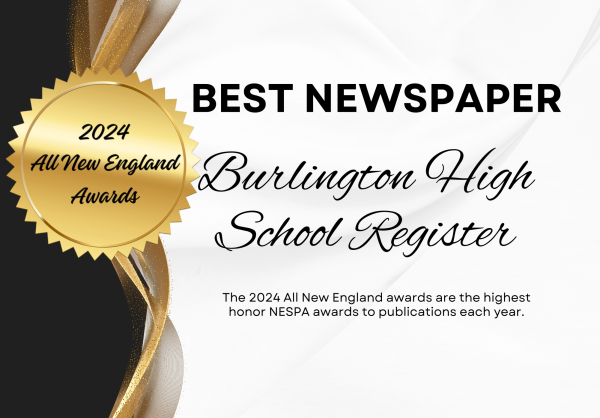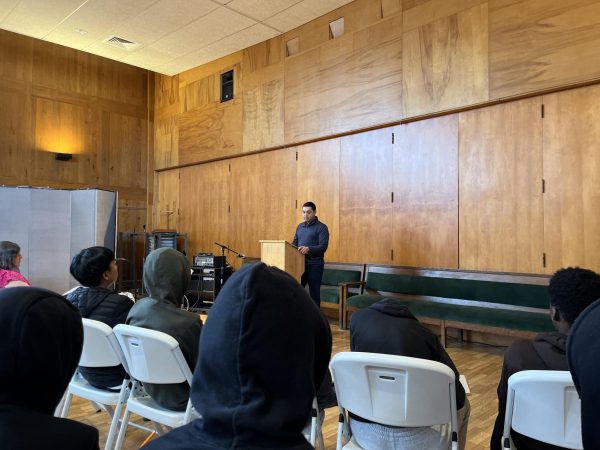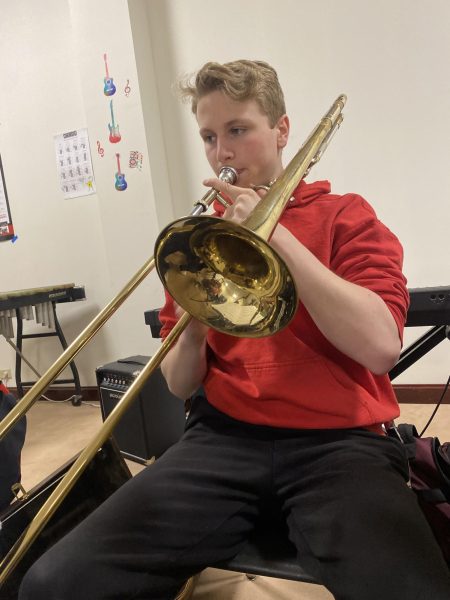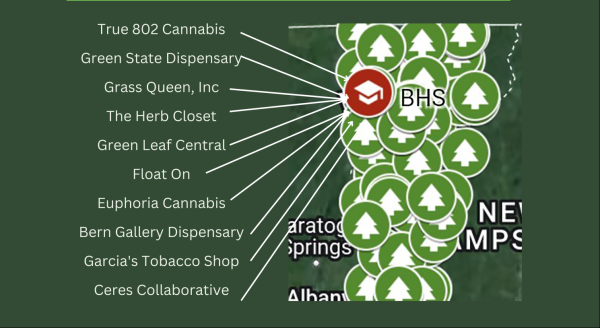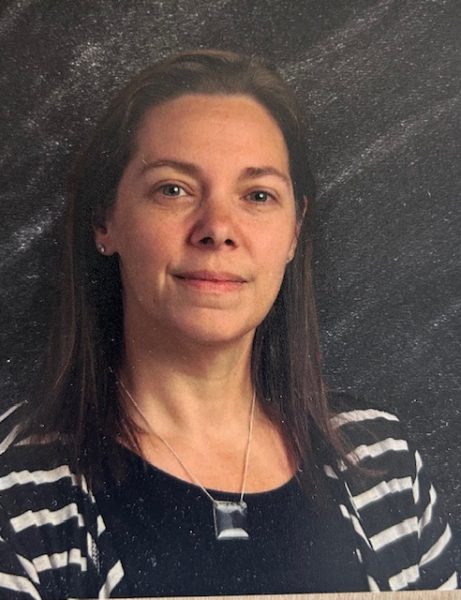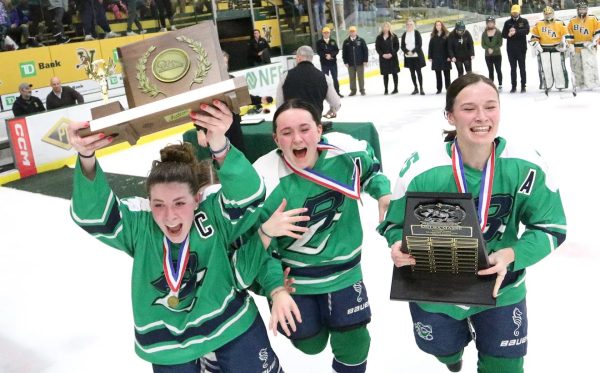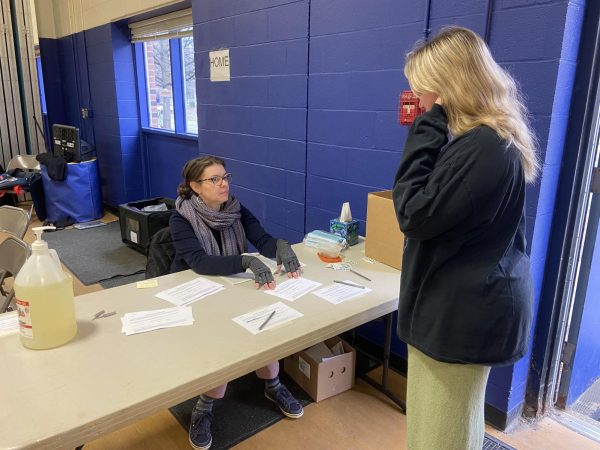Racism, Racial Trauma, and Bias in Schools: A Recap of BSD’s February 3 Equity Webinar
February 4, 2021
At the Burlington School District Equity Webinar on Wednesday, February 3, around 70 people gathered to discuss racialized trauma. Panelists, people of color currently or previously involved in the school district, shared their experiences with racism and racial trauma.
“I’ve worked with these schools for the last almost four years, and I’ve seen some straight-up racism and implicit bias,” Nyarkoa Mensah-Jordan, an educator at alternative BSD high schools On Top and Horizons, said.
Director of Equity and Diversity Henri Sparks spoke of the persistent racial bias students experience.
“Students of color walk into a classroom, and assumptions are made, automatically, just by the color of their skin,” Sparks said.
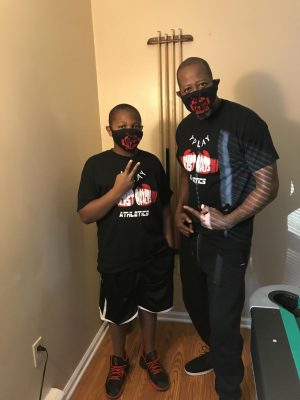
BHS Student Support Coordinator Vincent Mitchell shared his personal experiences with racism locally and beyond.
“Me, being an educated black man, [I’ve] got a home,” Mitchell said. “A lot of people think we made it, that we got the American dream. But no… I’m still getting harassed. I still have to teach my son to be able to speak when racism hits him, which it already has.”
This bias isolates BIPOC students and puts them at a disadvantage in terms of access to learning.
“We ask the question: why aren’t [BIPOC students] succeeding?” Sparks said. “As we think about suspensions, as we think about the so-called achievement gap, as we think about students of color being kicked out, we don’t give them a fighting chance.”
After a dedicated discussion, where panelists “shared their truths,” the focus pivoted to a dialogue about what needs to change, specifically in BSD.
“I had an issue with being the only black kid in honors classes,” BHS graduate Khadija Bangoura said. “Tracking needs to be addressed by this district, and how it affects black students.”
Others voiced that change could only come with acknowledgment and white action.
“[Education] is built upon oppression, systemic racism, and white supremacy, because it’s part of the American educational system,” BSD Special Education Coordinator Erika Saunders said. “And until [white people] open [their] eyes, and say it out loud, and realize that, it’s going be hard to do anything.”
The goal, said panelists, is for BIPOC to feel safe and supported in Burlington schools.
“I simply want a community that feels like I’m safe in my home,” BSD mother, Ferene Paris Meyer, said. “Because right now my house is the only place that feels like a 24/7 consistent community.”
The meeting concluded with reflections from panelists and final remarks from the event’s facilitators. During the final reflection, Saunders asked the audience to empathize as if they or their children were experiencing discrimination and racism directly. Despite an aura of sadness throughout the meeting, the event ended with a sense of purpose and determination.
“We have to let [whites] know that they can educate themselves,” Saunders said. “So, I feel that we have to change the narrative, that we are our American people, and that we’re here to stay.”
The Equity Webinar series will continue to meet monthly. Upcoming events include “Beyond Black History Month” in March and “Combatting Ableism” in April. More information can be found on the district’s website.





